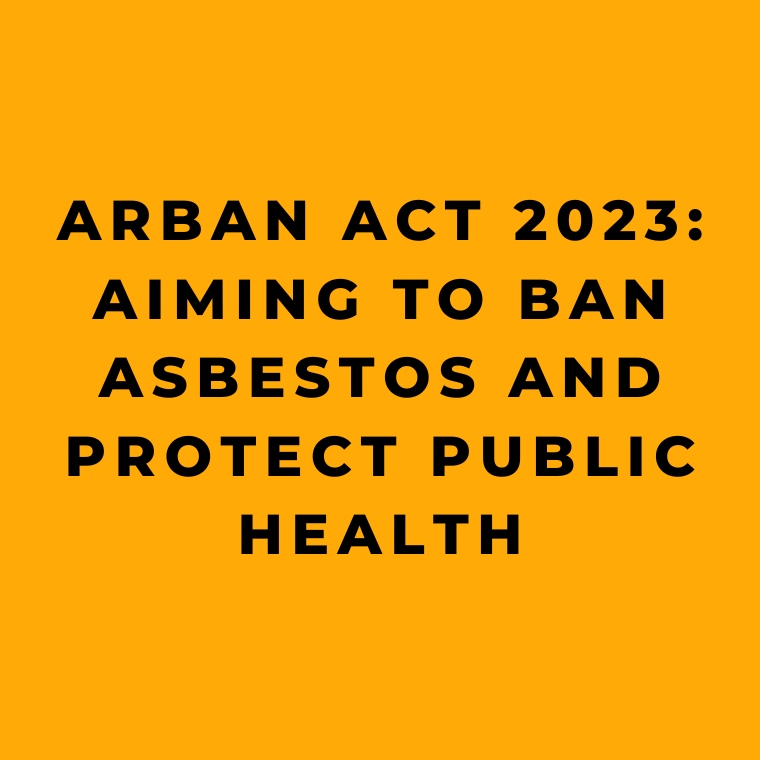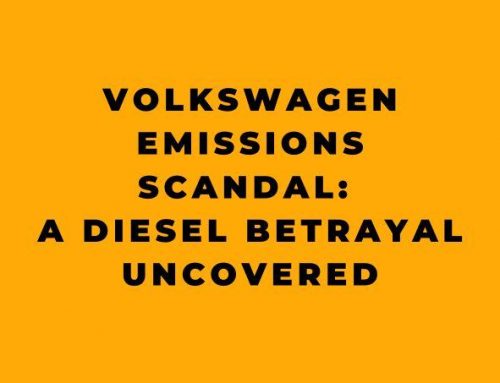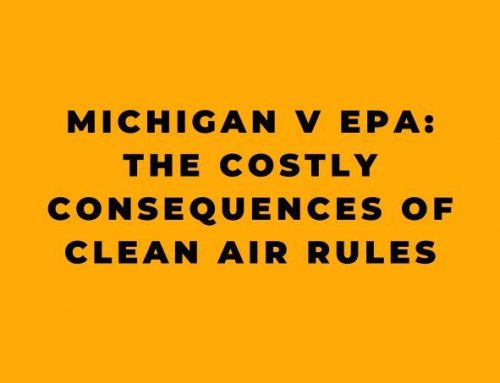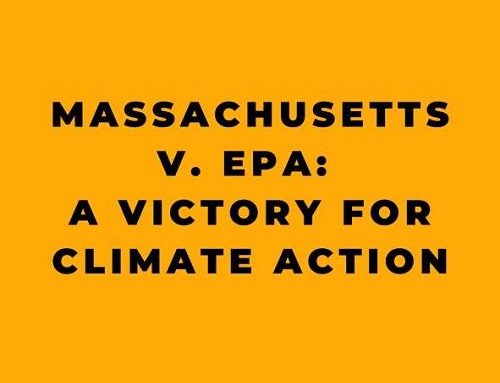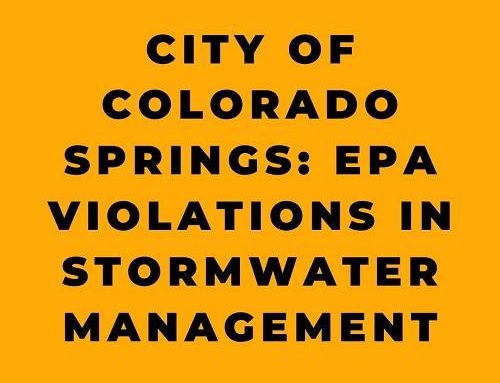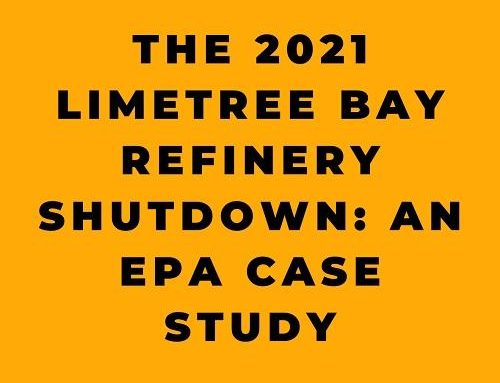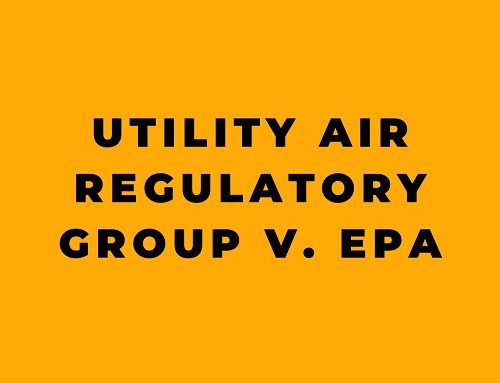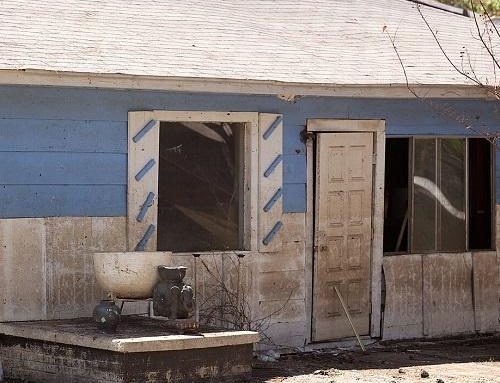Introduction
The U.S. is one of the few industrialized countries that has yet to ban the manufacture, processing, use, and distribution of commercial asbestos, a deadly carcinogen. Despite well-documented health risks, asbestos exposure continues to endanger the lives of American workers. However, a new bipartisan effort in Congress aims to change this situation. The Alan Reinstein Ban Asbestos Now Act of 2023, introduced by Oregon’s U.S. Senator Jeff Merkley and Congresswoman Suzanne Bonamici (D-OR-01), seeks to enact a comprehensive ban on asbestos in honor of Alan Reinstein, who succumbed to mesothelioma—an incurable cancer caused solely by asbestos exposure.
Key Takeaways:
- The U.S. has not yet banned the manufacture, processing, use, and distribution of commercial asbestos.
- The Alan Reinstein Ban Asbestos Now Act of 2023, introduced by Oregon’s U.S. Senator Jeff Merkley and Congresswoman Suzanne Bonamici, aims to enact a comprehensive ban on asbestos.
- Asbestos exposure has caused a significant number of deaths in the U.S.
- The ARBAN Act seeks to prohibit the importation and commercial use of all six recognized asbestos fibers and additional types of asbestos.
- The legislation mandates the transition of plants in the chlor-alkali industry to non-asbestos technology within two years.
- The bill faces hurdles in Congress due to industry lobbying.
- The bill amends the Toxic Substances Control Act and is titled the “Alan Reinstein Ban Asbestos Now Act of 2023.”
About the Bill
The legislation was introduced ahead of Global Asbestos Awareness Week, which took place from April 1-7, 2023. Senator Merkley stated, “Every day that goes by without an asbestos ban is another day that Americans’ health and lives are being put in grave danger.” He added that there is no level of exposure to asbestos that is safe for the human body and that it is long past time for America to end this dangerous public health threat.
The Environmental Working Group (EWG) estimated that between 1999 and 2017, as many as 277,654 Americans died from asbestos exposure. The Institute for Health Metrics and Evaluation estimates that from 1991 to 2019, over 1.1 million Americans succumbed to asbestos-caused diseases. Though the Environmental Protection Agency (EPA) banned asbestos in 1989, the prohibition was largely overturned in 1991 after a legal challenge by the chemical industry. The EPA is currently in the process of finalizing a rule to ban one type of asbestos fiber. However, the proposed rule falls short of a comprehensive ban, leaving workers vulnerable to exposure to other forms of asbestos.
The Alan Reinstein Ban Asbestos Now Act seeks to address these shortcomings by prohibiting the importation and commercial use of all six recognized asbestos fibers, as well as additional types of asbestos, including winchite and richterite. It also mandates the transition of plants in the chlor-alkali industry to non-asbestos technology within two years. The Asbestos Disease Awareness Organization (ADAO), the International Association of Fire Fighters (IAFF), the American Public Health Association (APHA), the Collegium Ramazzini, and the Environmental Information Association (EIA) have all endorsed the legislation.
Linda Reinstein, President and Co-founder of ADAO, highlighted the urgent need for action, stating that asbestos remains legal, lethal, and a far too common threat in the United States. The push for a comprehensive ban on asbestos is gaining momentum, with widespread support from advocacy organizations and public health experts. As part of the proposed legislation, an educational outreach program would be established to ensure full compliance with the bill, further highlighting the commitment to protecting public health.
Almost 70 other countries have already banned asbestos, leaving the U.S. as one of the few industrialized nations yet to take this important step. The continued use of asbestos in certain industries, particularly the chlor-alkali industry, has raised concerns among advocates who argue that the cost of inaction and the loss of lives are too high a price to pay. Edward A. Kelly, General President of the International Association of Fire Fighters, expressed strong support for the bill, stating that cancer is the single greatest threat to America’s firefighters and the leading cause of death among hometown heroes.
Edward A. Kelly, General President of the International Association of Fire Fighters, expressed strong support for the bill, stating that cancer is the single greatest threat to America’s firefighters and the leading cause of death among these hometown heroes. He acknowledged that firefighters suffer from asbestos-caused cancers and diseases at more than twice the rate of the average American and therefore, the IAFF is steadfastly supporting the Alan Reinstein Ban Asbestos Now Act (ARBAN Act).
The Environmental Working Group (EWG) also applauds the introduction of the ARBAN Act. EWG President and co-founder Ken Cook commended Senator Merkley and Representative Bonamici for their tireless commitment to seeing the U.S. ban this notorious carcinogen. Cook highlighted the staggering number of deaths caused by asbestos-related diseases, with EWG’s Action Fund estimating that between 1999 and 2017, 236,981 to 277,654 Americans died from asbestos exposure.
The Institute for Health Metrics and Evaluation, an independent global health research center at the University of Washington, estimates that 40,764 American workers died from asbestos-caused diseases in 2019, and from 1991 to 2019, 1,114,520 Americans died from asbestos-related illnesses. Ken Cook called on Congress to pass the ARBAN Act to prioritize public health and safety over asbestos industry profits.
Linda Reinstein, who lost her husband Alan to mesothelioma in 2006, emphasized the urgent need for Congress to act. She said, “After more than 1 million deaths, it’s beyond time for Congress to pass legislation to protect future generations of Americans from further exposure to asbestos.”
The ARBAN Act comes nearly 34 years after the Environmental Protection Agency (EPA) initially banned asbestos in 1989. However, the ban was largely overturned in 1991 following a legal challenge by the chemical industry. The comprehensive legislation proposed by Senator Merkley and Congresswoman Bonamici aims to rectify the shortcomings of previous regulations by prohibiting the importation and commercial use of all six recognized asbestos fibers, as well as additional types of asbestos, including winchite and richterite. The bill also mandates the transition of plants in the chlor-alkali industry to asbestos-free technologies within three years of the bill’s passage.
Moreover, the ARBAN Act requires the Environmental Protection Agency (EPA) to conduct a comprehensive study on legacy asbestos-containing materials and the potential risks they pose to public health. The study will be conducted in collaboration with the Department of Health and Human Services, the National Institute of Environmental Health Sciences, and the Agency for Toxic Substances and Disease Registry. The findings will be reported to Congress, informing future policy decisions on asbestos management and remediation.
The bill’s introduction comes at a time when asbestos exposure remains a pressing issue in the United States, particularly for workers in the construction, automotive, shipbuilding, and firefighting industries. Despite the known health risks, asbestos imports have continued, primarily from Russia and Brazil. The new legislation aims to put a stop to these imports and prevent further harm to American citizens.
Given the overwhelming evidence of asbestos’ detrimental effects on human health, the ARBAN Act has garnered support from a broad range of organizations and public health advocates. However, the legislation still faces hurdles in Congress, where some lawmakers may be swayed by industry lobbyists advocating against the ban.
In 2022, the chemical industry spent a record-breaking $65.9 million on lobbying, partly to combat stricter chemical regulations. The Biden administration is pursuing stronger standards for toxic chemicals like asbestos and PFAS, which faced delays under the Trump administration. The American Chemistry Council emerged as the top lobbying organization, spending an unprecedented $19.8 million in 2022.
Despite the chemical industry’s heavy investment in lobbying against stricter regulations, spearheaded by the American Chemistry Council in 2022, the Biden administration has been diligently working to implement stronger standards for toxic chemicals such as asbestos and PFAS. The ARBAN Act has managed to secure widespread support from various organizations and public health advocates, but the struggle is far from over.
The Alan Reinstein Ban Asbestos Now Act of 2023 marks a critical step towards eliminating asbestos-related diseases and prioritizing public health in the US. With overwhelming support from various organizations and public health advocates, the legislation aims to join over 60 countries that have already banned asbestos, setting a global example and emphasizing the importance of prioritizing citizens’ health and safety over industry interests.
Summary of the Alan Reinstein Ban Asbestos Now Act of 2023:
The bill, titled the “Alan Reinstein Ban Asbestos Now Act of 2023,” aims to amend the Toxic Substances Control Act to prohibit the manufacture, processing, use, and distribution in commerce of commercial asbestos and mixtures and articles containing commercial asbestos. The bill provides a definition of “commercial asbestos” as the asbestiform varieties of certain specified fibers that are extracted and processed for commercial value. It also clarifies that the terms “distribute in commerce” and “distribution in commerce” do not include the end-use of a mixture or article containing commercial asbestos that was installed in a building before the enactment of the act, or distribution of such a mixture or article solely for disposal purposes.
The prohibition of manufacture, processing, use, and distribution in commerce of commercial asbestos will be effective one year after the enactment of the act. However, there are exceptions for the chlor-alkali industry for a two-year period and exemptions for national security reasons, where the President may grant an exemption if it is necessary to protect the national security interests of the United States and there is no feasible alternative.
Key Provisions of the Alan Reinstein Ban Asbestos Now Act of 2023:
- The bill prohibits the manufacture, processing, use, and distribution in commerce of commercial asbestos and mixtures and articles containing commercial asbestos.
- Commercial asbestos is defined as the asbestiform varieties of specified fibers that are processed for commercial value.
- The prohibition takes effect one year after the enactment of the act.
- The bill provides an exception for the chlor-alkali industry, which may continue to use commercial asbestos for two years after the enactment of the act for specific purposes.
- The President may grant exemptions for national security reasons if necessary and if there is no feasible alternative.
- The bill amends the Toxic Substances Control Act and is titled the “Alan Reinstein Ban Asbestos Now Act of 2023″
References:
- https://www.propublica.org/article/asbestos-ban-poisoning-workers-factories
- https://www.ewg.org/news-insights/news-release/2023/04/ewg-applauds-congressional-leaders-bill-ban-asbestos-imports
- https://ktvz.com/news/oregon-northwest/2023/03/30/merkley-bonamici-introduce-legislation-to-ban-asbestos/
- Sen. Merley Press Release about the ARBAN Act
- Open Secrets Article about Chemical Industry Lobbying
- Full bill text can be found here.


